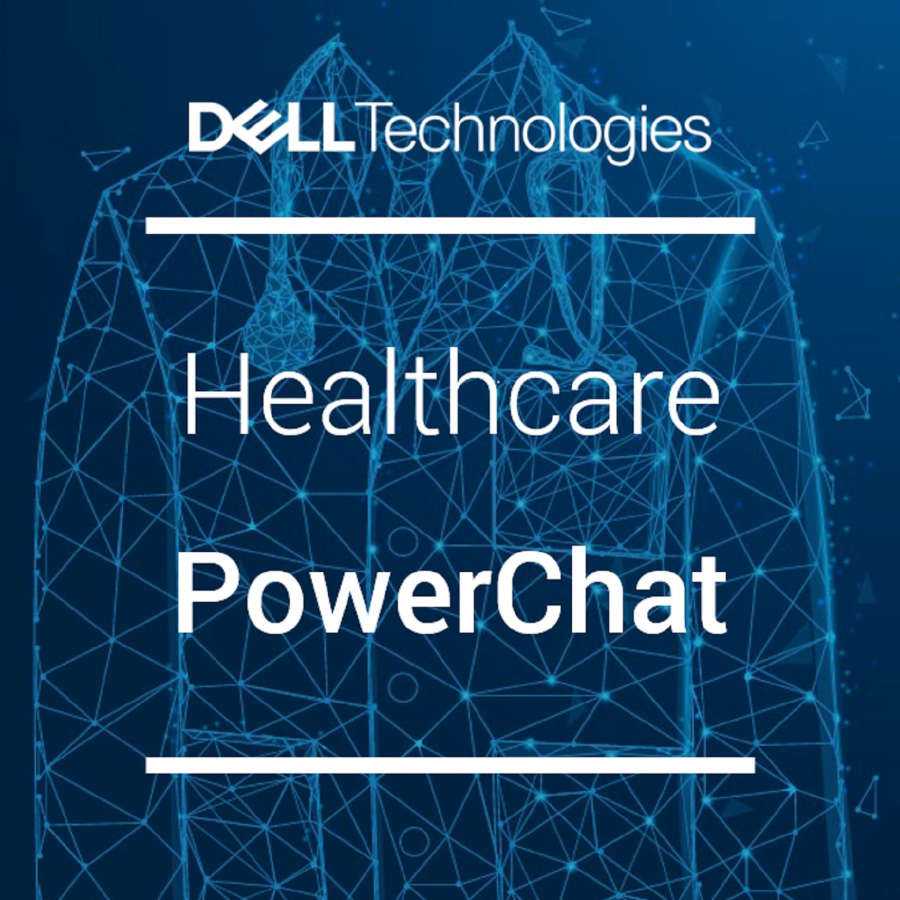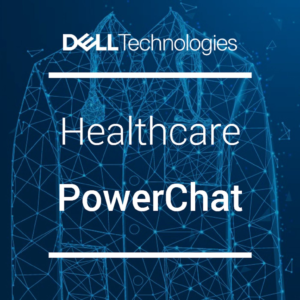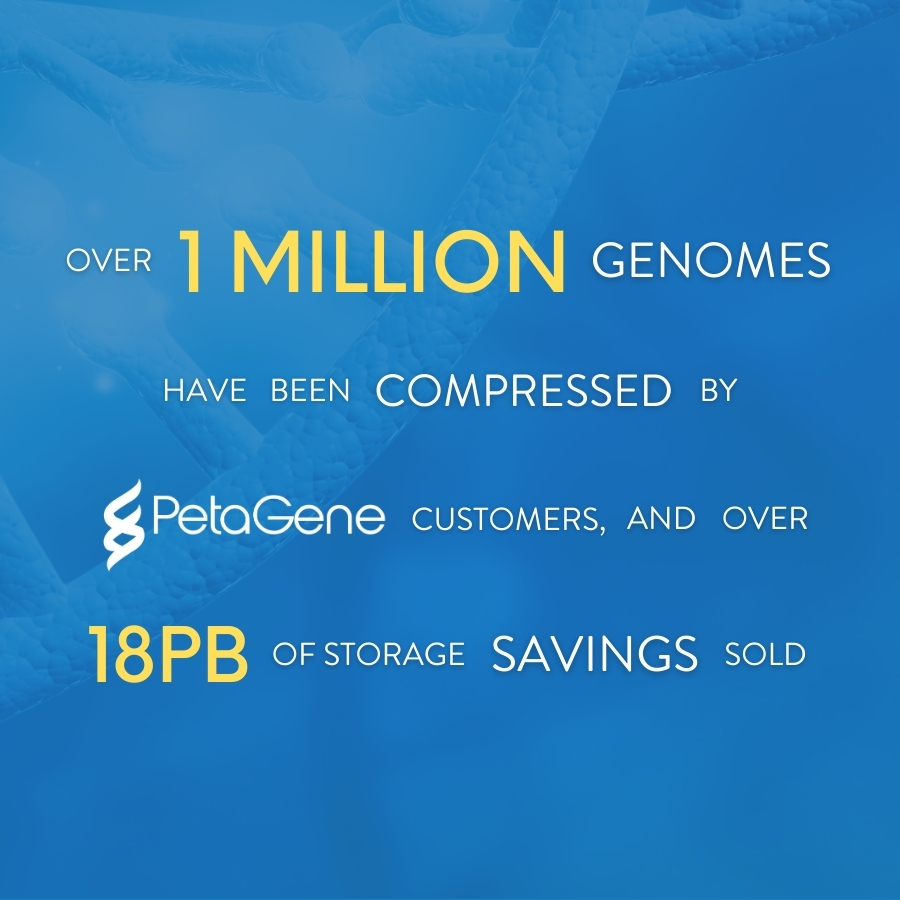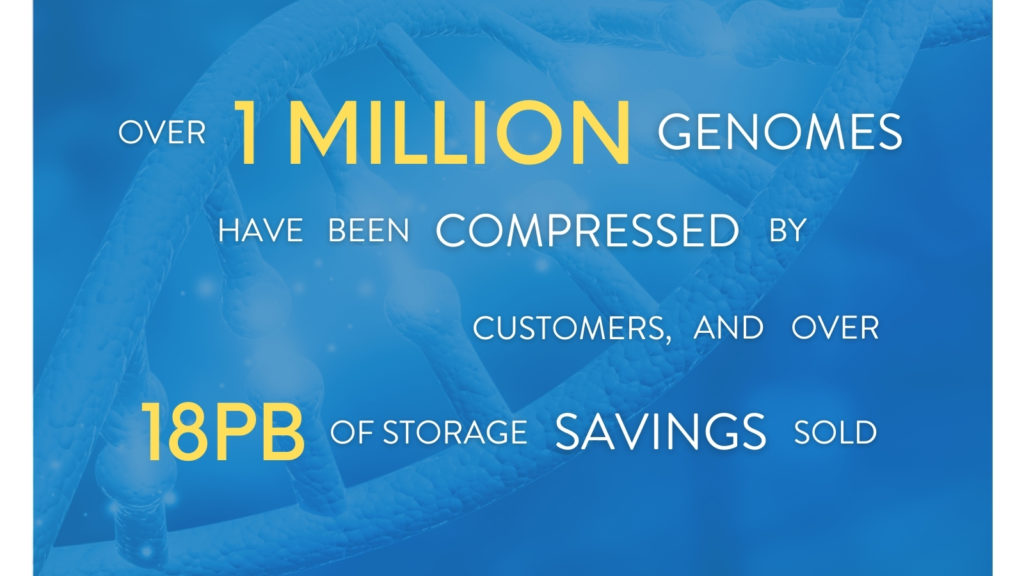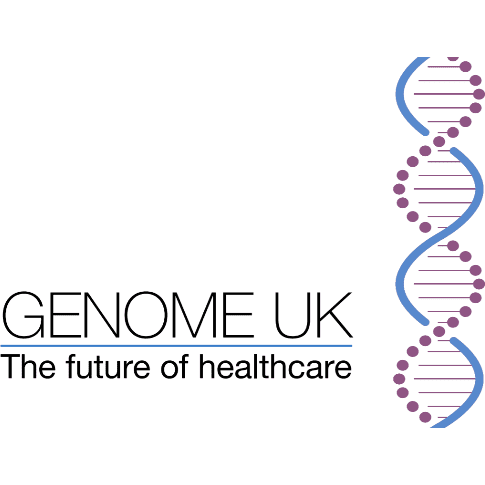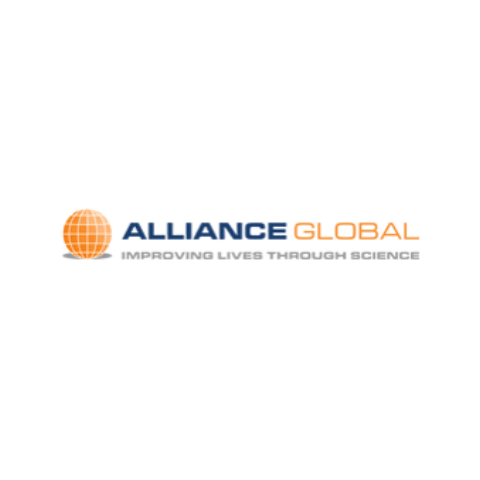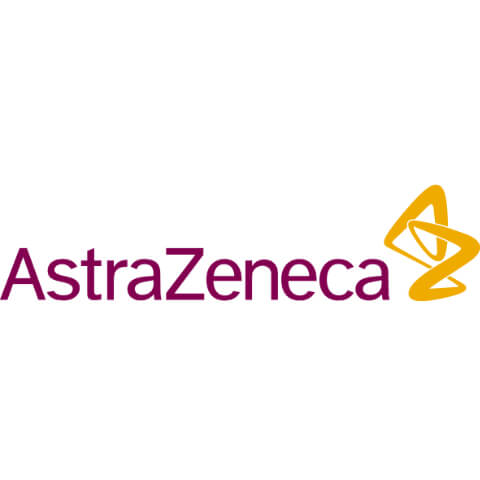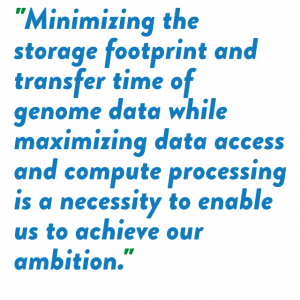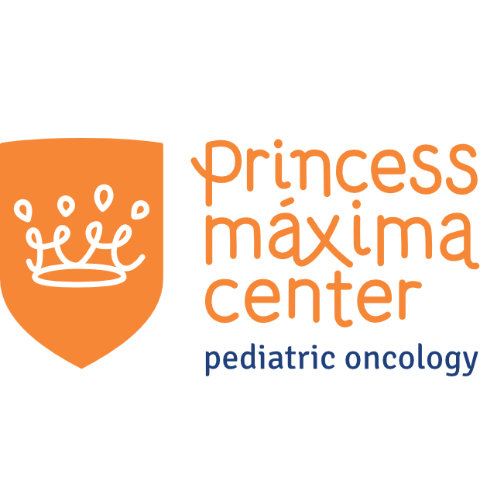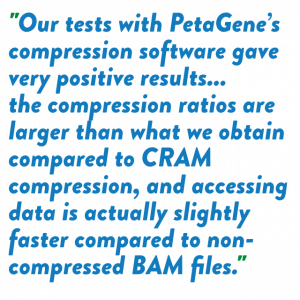PetaSuite compression savings continue to grow
We are pleased to announce the reaching of another landmark: PetaGene’s customers have now compressed over three million genome files.
As genomic data sets continue their rapid growth, PetaGene customers across the full range of the genomic research and applications leverage PetaSuite's high compression ratios to limit their storage and infrastructure costs.
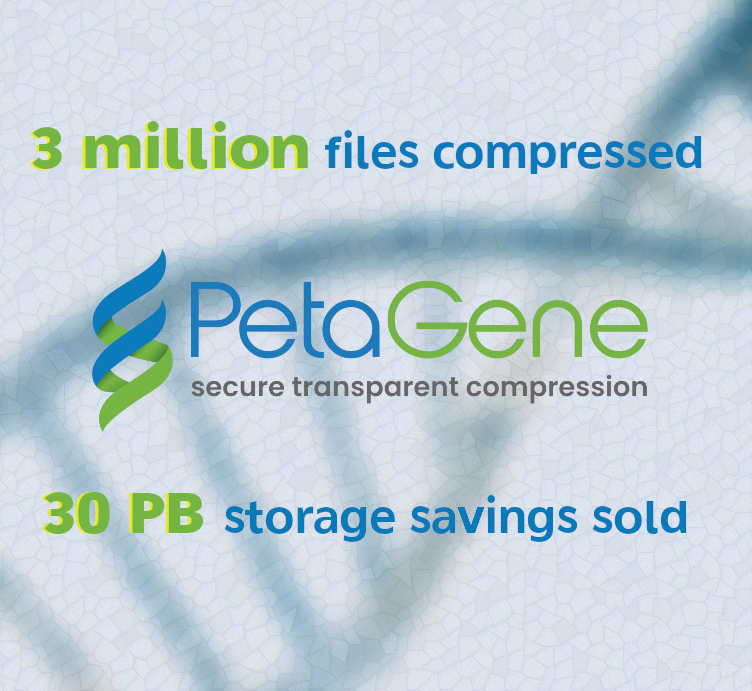
PetaGene’s software is deployed across the life sciences industry: biopharma, hospitals and research centres around the world. Our customers old and new continue to leverage our compression technology to mitigate against their rapidly rising storage costs. PetaGene’s compression software uniquely preserves all of the file data in truly lossless compression, giving our customers the guarantee that all their data is retained in a much smaller file. Additionally, our compressed files are transparently presented back in the identical original BAM/FASTQ.gz format to all tools and pipelines, which makes integration trivial and ensures compatibility with all tools. Not just storage savings: using compressed data with PetaGene’s just-in-time decompression speeds up pipelines and workflows significantly thanks to the remarkable reduction in data reads and transfers.
As genomic applications in healthcare grow it is expected that even more data will be generated and this will present a dual challenge of requiring cost-effective storage and also ensure secure, compliant data management. With that in mind, PetaGene has developed an award-winning platform to encrypt and audit all data, with bespoke region-based encryption for BAM and VCF files - the product is now in general availability. These compressed and encrypted files are compatible with all tools and, additionally, all data accesses are captured in a tamper-evident cryptographic ledger. To find out more please contact info@petagene.com.
